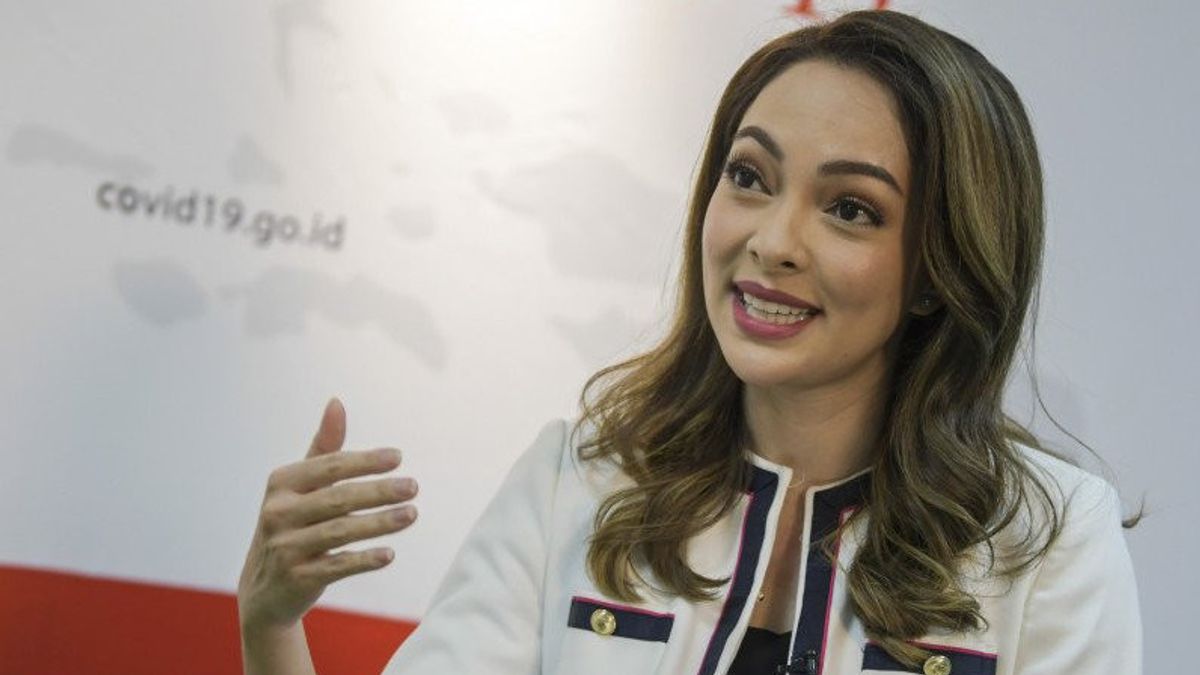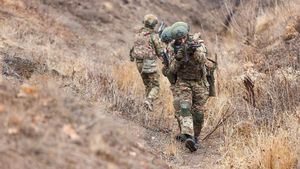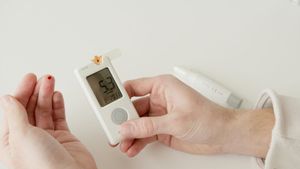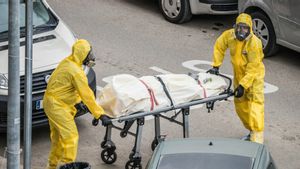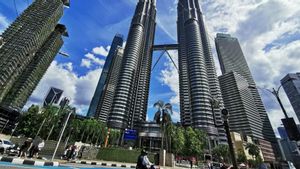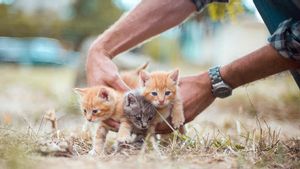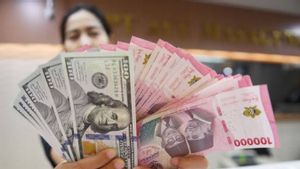JAKARTA - Government Spokesperson and Ambassador for Adaptation of New Habits, Dr. Reisa Broto Asmoro, said that the plan to tighten mobility during the Christmas and New Year holidays is to prevent a spike in COVID-19.
Reisa explained that the threat of a third wave in Indonesia could occur if on that occasion people did not follow health protocols and high mobility occurred.
"So the government plans to tighten mobility with the aim of tightening the movement of people to prevent a spike in COVID-19 cases," he said, quoted by Antara, Friday, November 19.
Reisa said the trend of increasing cases in Indonesia occurred after the holiday period, due to the sharp increase in mobility and social interaction, which often reduced compliance with health protocols.
Google Mobility Index data on November 15, 2021, he said, showed an increase in recreational activities or to tourist attractions. Likewise with visits to residential areas, where family or friends friendship activities also increase.
"In the context of PPKM level 1, of course there is nothing wrong with this fact. But in the context that the virus still exists and continues to mutate, vaccination is not yet 100 percent, and it is very likely that the protocol will be downgraded, of course this is very dangerous," said Reisa.
Observations made by the COVID-19 Handling Task Force show that the compliance with wearing masks in restaurants, tourist attractions, and settlements is the lowest.
In addition, monitoring at several recreational areas on the island of Java, such as at Dunia Fantasi in Jakarta and Jatim Park in Batu, East Java, still shows risks that need to be mitigated to ensure activities at these locations are safe.
Reisa said the presence of a rule enforcement task force and high awareness of officers at tourist attractions were needed to ensure that health protocols were implemented properly, including procedures for entering rides, queue management, and reminding 5M of health protocols.
Reisa explained a number of activities that were proposed to be prohibited from implementing, namely New Year's Eve events both indoors and outdoors, including fireworks or firecrackers.
In addition, the ban on New Year's processions, Christmas and New Year celebrations in shopping centers, cultural arts and sports activities.
The stipulation and supervision of health protocols is also carried out in a number of places, especially churches during celebrations or shopping places, schools, restaurants, and tourist attractions.
"We understand that the urge for vacations and recreation has been so strong after the second new year that we have passed during this pandemic period. But imagine how great it would be for all of us if we made it through Christmas and New Year without an increase in cases in January and February next year," Reisa said.
The English, Chinese, Japanese, Arabic, and French versions are automatically generated by the AI. So there may still be inaccuracies in translating, please always see Indonesian as our main language. (system supported by DigitalSiber.id)
